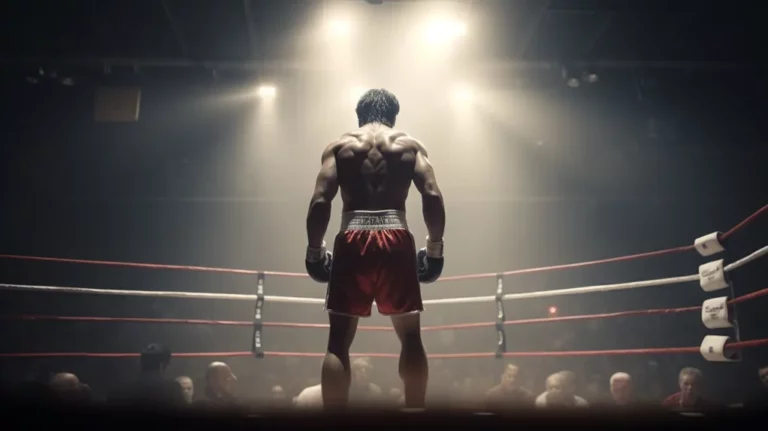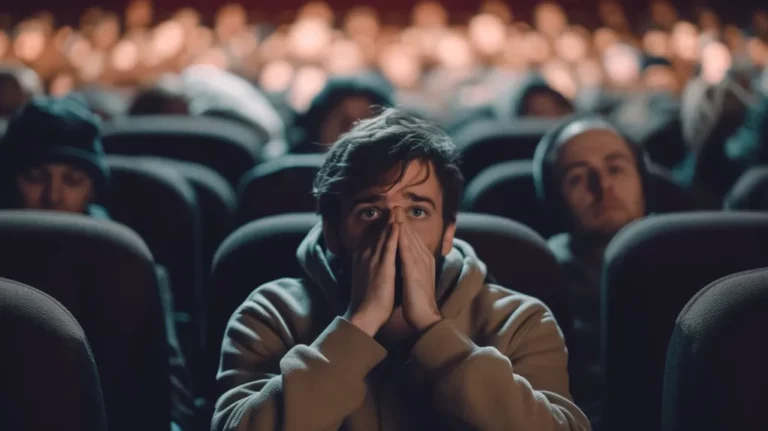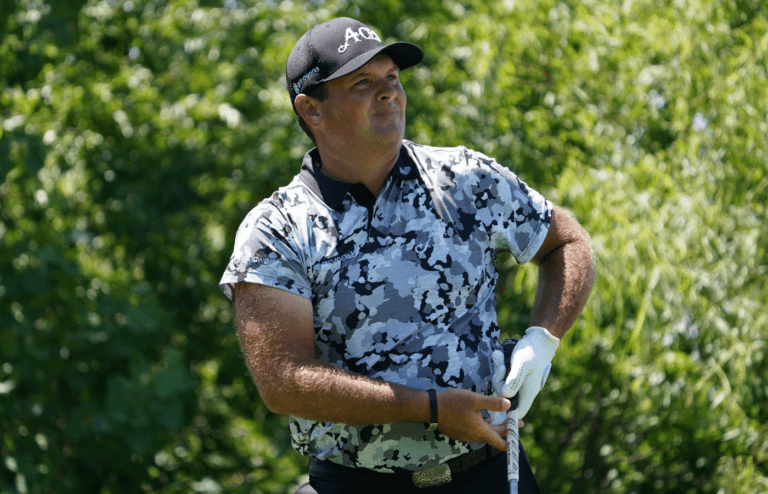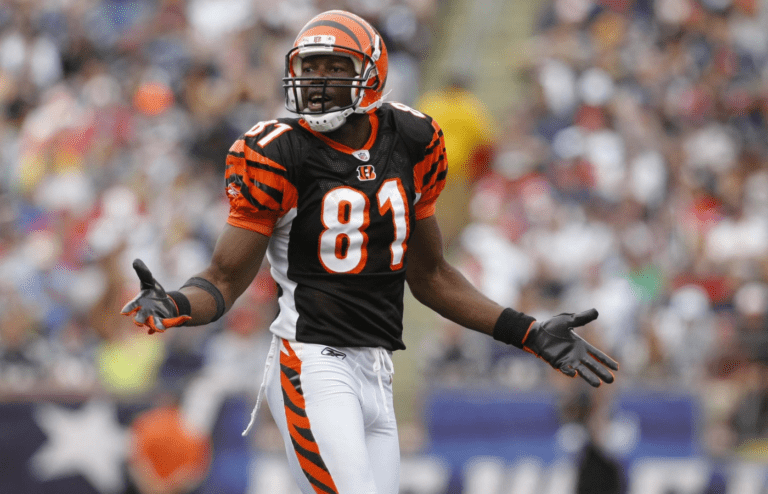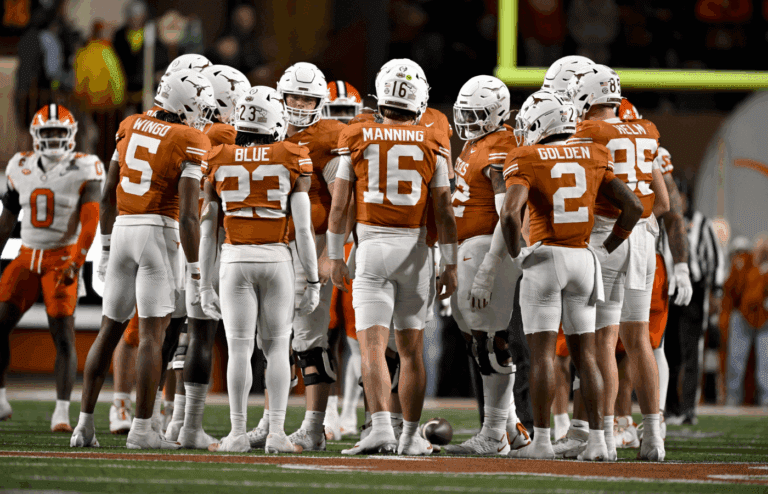James earl Jones tragically passed away on September 9, 2024, and fans offered an outpouring of love and condolences to his family. His legendary acting career made him a household name—even when Jones himself once suggested his iconic voiceover work should go uncredited since he viewed himself as “special effects.” Let’s take a look back at his illustrious life and career.
Early Life
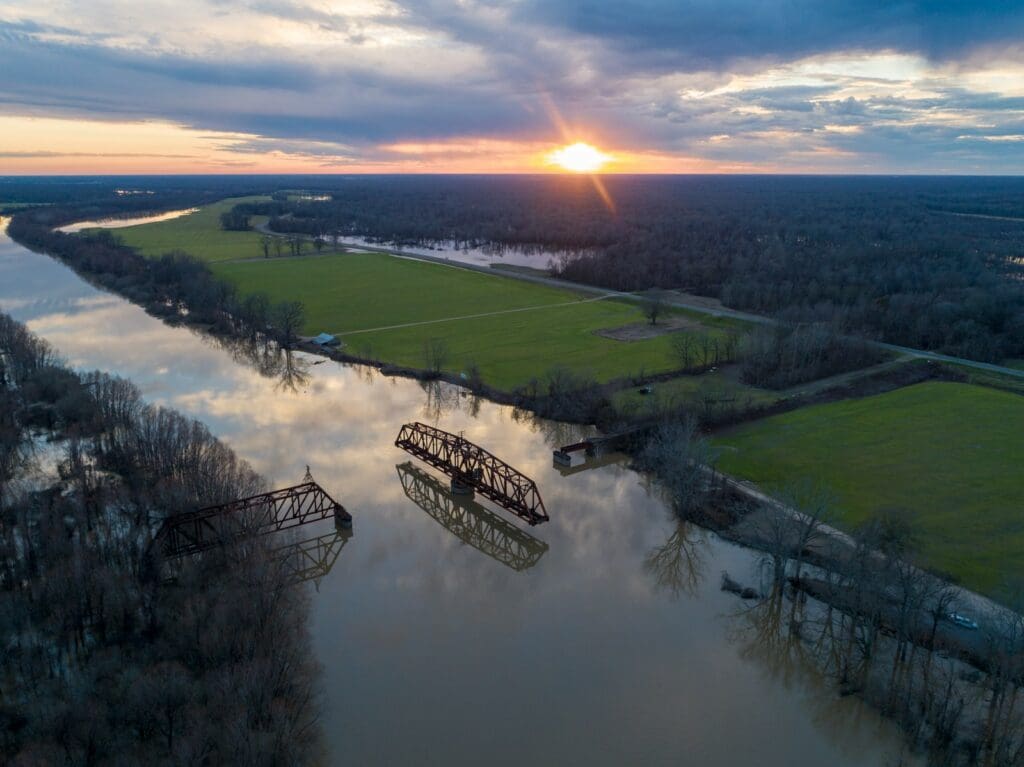
James Earl Jones was born on January 17, 1931, in Arkabutla, Mississippi. Jones noted that he had a stutter as a child and once reported he went eight years without speaking since his stutter was so pronounced. He turned to poetry and acting to overcome his speech impediment, which sparked in him a lifelong love of the stage and the craft of acting.
Education and Military Service
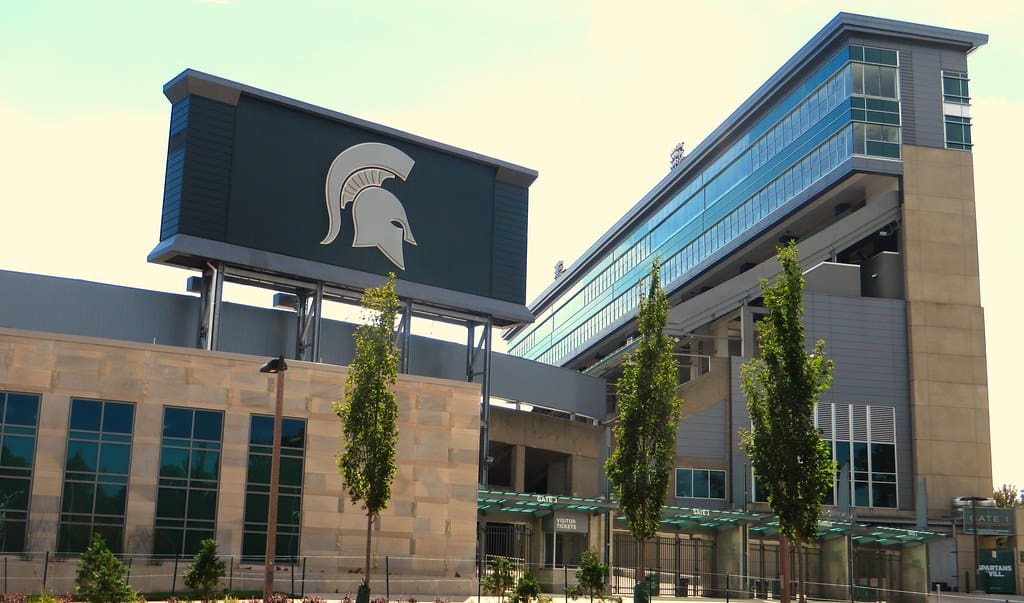
Jones went to the University of Michigan and became a pre-med major before joining the Reserve Officers’ Training Corps during the Korean War. Jones and his superior officers agreed that he “excelled” in the military, particularly with his ability to get along with other soldiers.
Structure and Camaraderie
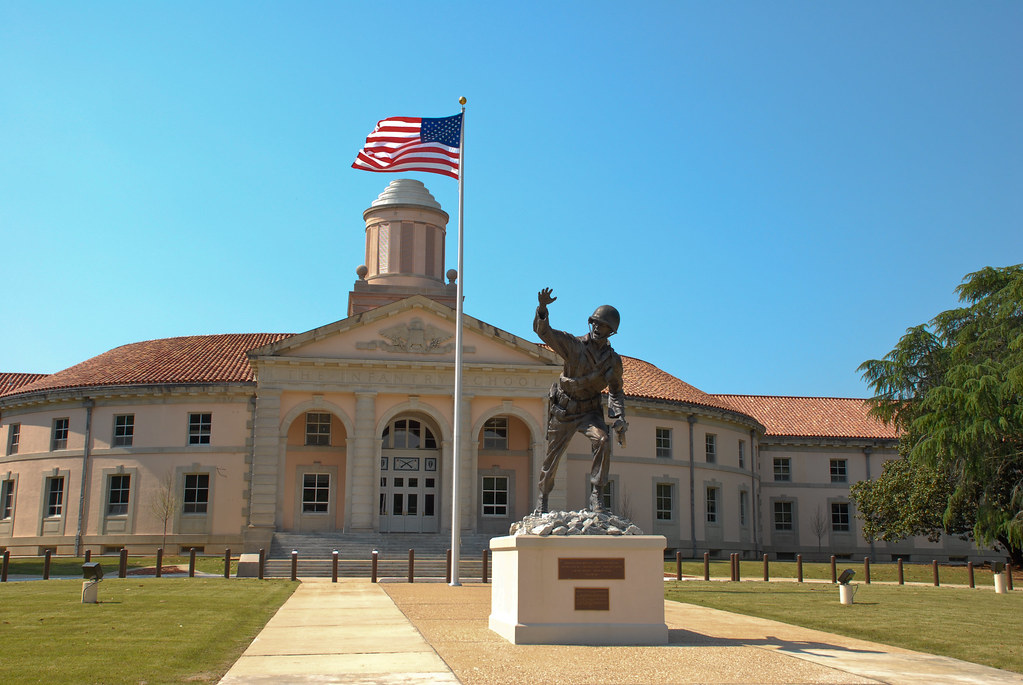
Jones said the structure of the military and his close companionship with his fellow enlisted soldiers came naturally to him. He was commissioned after the end of the war, serving at Fort Benning and Camp Hale, eventually being promoted to first lieutenant.
Earliest Theatrical Roles
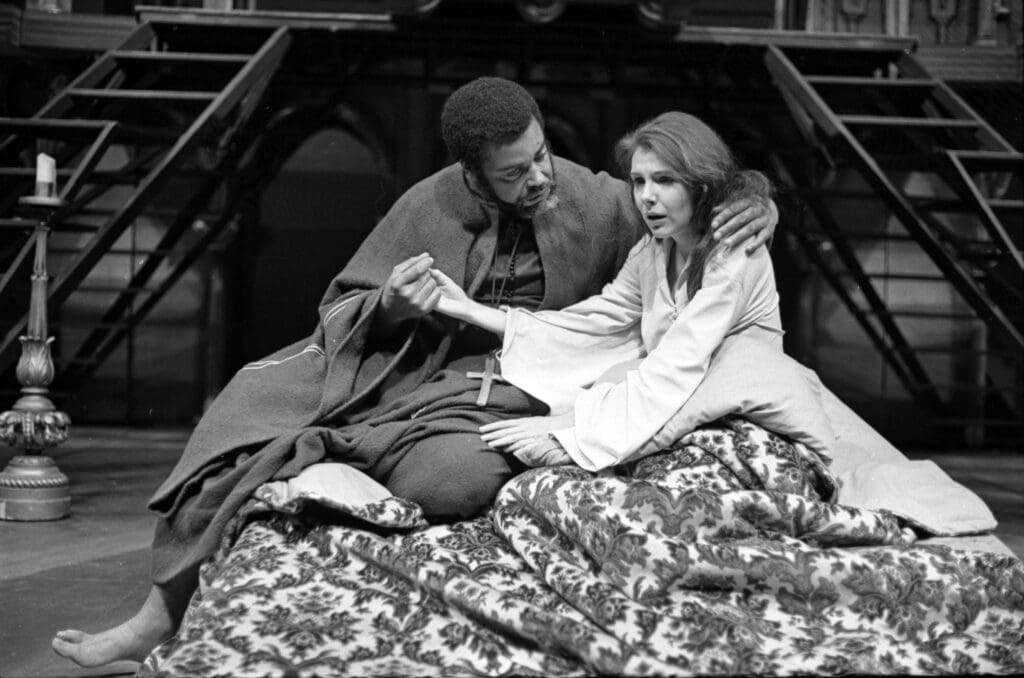
In his earliest roles as an actor after his time in the military, Jones worked at the Ramsdell Theatre in Manistee, Michigan in the mid-50s. He spent some time as a stage carpenter and portrayed the title character in Shakespeare’s Othello. By the early to mid-60s, he became one of the most nationally acclaimed Shakespearean actors in the US due to his commanding performances as Othello and King Lear.
Film Career Kicks Off

Due to his extremely successful and well-received roles in Shakespeare plays, Jones began getting work in major Hollywood film productions. He debuted in Stanley Kubrick’s dark comedy, Dr. Strangelove, as Lt. Lothar Zogg. He also somewhat coincidentally worked alongside Alec Guinness with his role as a surgeon and rebel leader in the 1967 film The Comedians.
Rise to Prominence

Jones remained extremely active in the theater even after his film debut, starring in plays like The Great White Hope and other Shakespeare productions. He also made an appearance on Sesame Street in 1969, and is widely considered to be the first “celebrity guest” to ever appear on that program. He also appeared in numerous films and plays throughout the early to mid-70s.
Star Wars
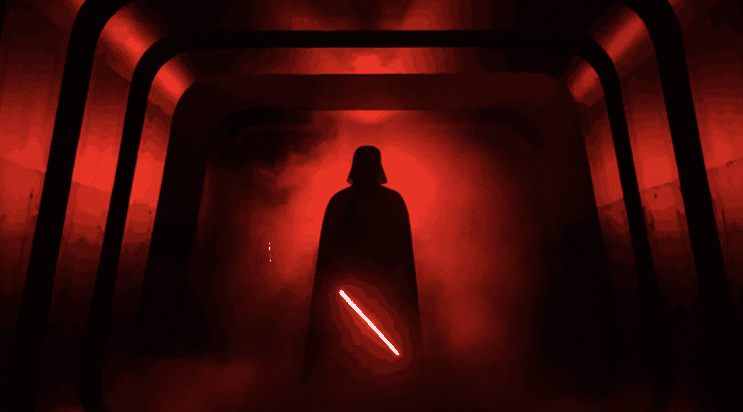
Perhaps his most iconic role came in 1977, when he was hired by 20th Century Fox to provide voiceover work for George Lucas’s sci-fi film Star Wars. He gave his deep bass voice to Darth Vader, the imposing villain who chased the Rebel heroes. Vader was portrayed by David Prowse in the suit on-screen, but Lucas disliked how Prowse’s thick West Country accent sounded for the character.
“Special Effect”
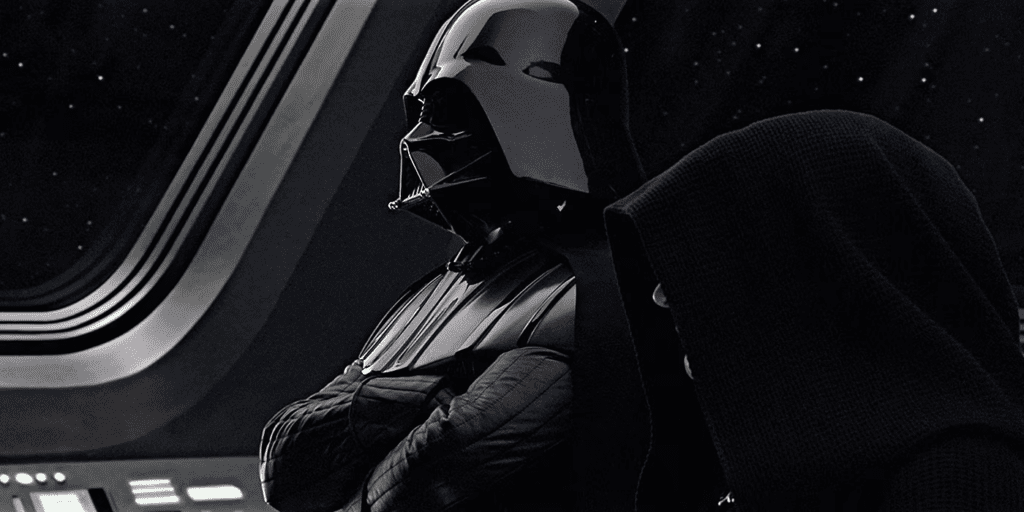
For Star Wars and Empire Strikes Back, Jones bizarrely refused to be credit for his role in voicing Vader. He noted that he felt he was just “special effects” and that Prowse should be the only actor credited with portraying Vader.
Recognition and Further Fame

However, by the time the third film in the series hit theaters, perceptive fans had long identified who provided the powerful and commanding voice for the saga’s overarching villain, so he relented and allowed his name to appear in the film’s credits.
Star Power
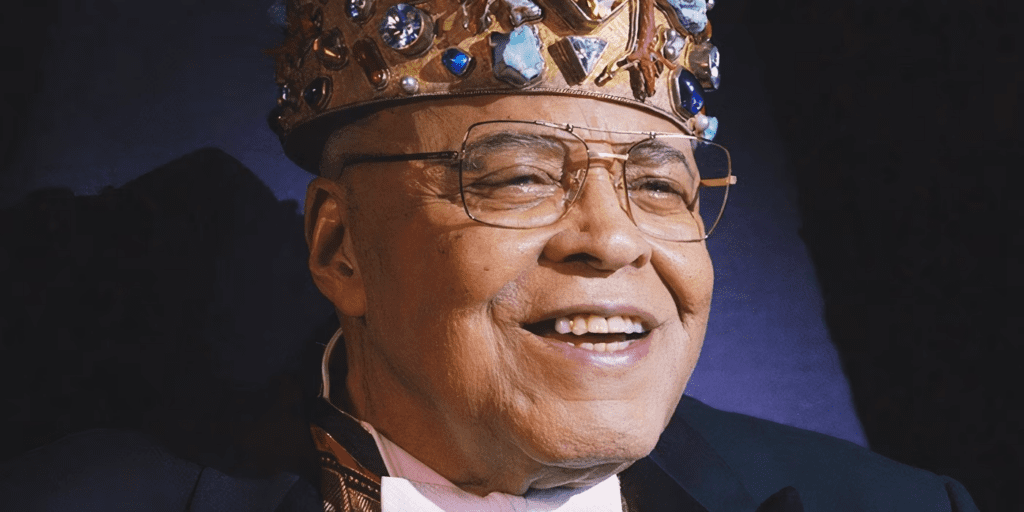
While Jones was successful and established before ever voicing Darth Vader, his role in the extremely popular sci-fi franchise made him a household name. He appeared in movies like Conan the Barbarian, Coming to America, and Matewan throughout the 80s, with many directors banking on his newfound star power to market their films.
Continued Film Career Through the 90s
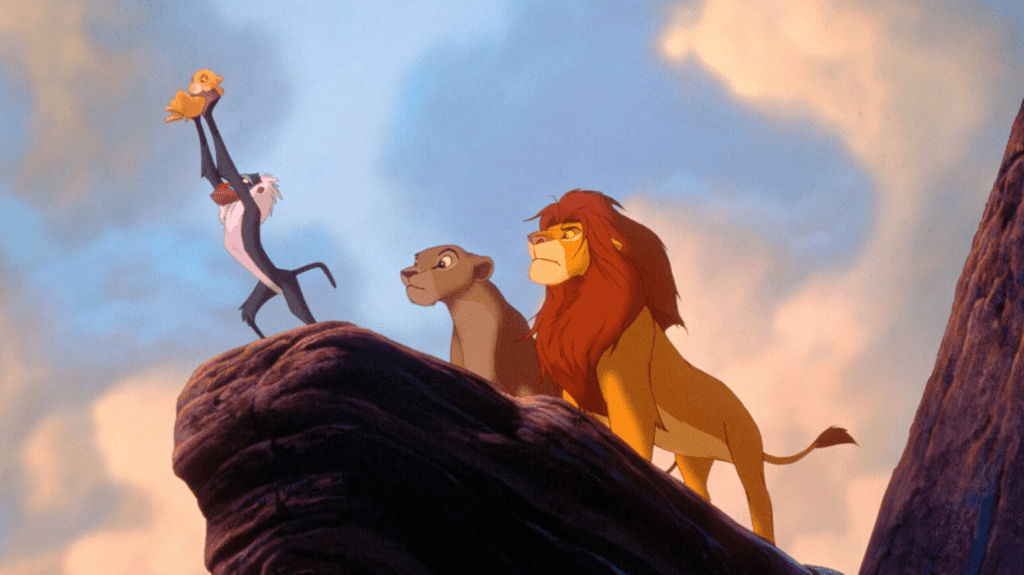
While the Star Wars franchise ended in 1983, Jones stayed busy throughout the 90s, acting in movies like The Hunt for Red October, Patriot Games, The Sandlot, and Clear and Present Danger. Many younger fans of his first heard his booming bass voice in Disney’s 1994 film The Lion King, where he voiced Mufasa, the father of Simba.
Cameos and Guest Appearances
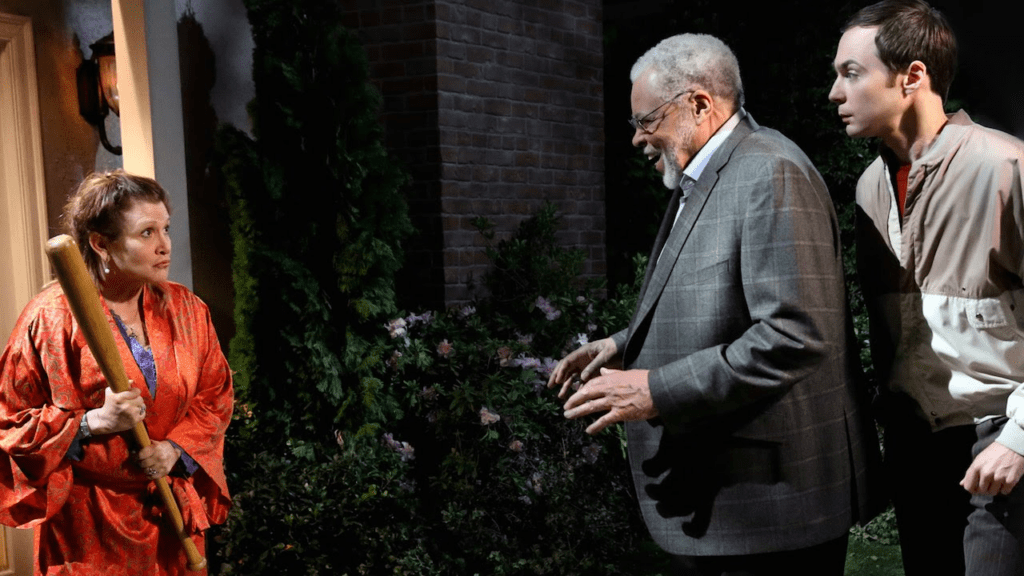
Jones made guest appearances in TV series throughout the 2000s, such as on Law & Order, Lois & Clark, House, M.D., and a winking cameo on The Big Bang Theory that referenced his role as Darth Vader directly. Jones even appeared alongside his former co-star Carrie Fisher, who played Leia Organa in the original trilogy.
Return to Star Wars
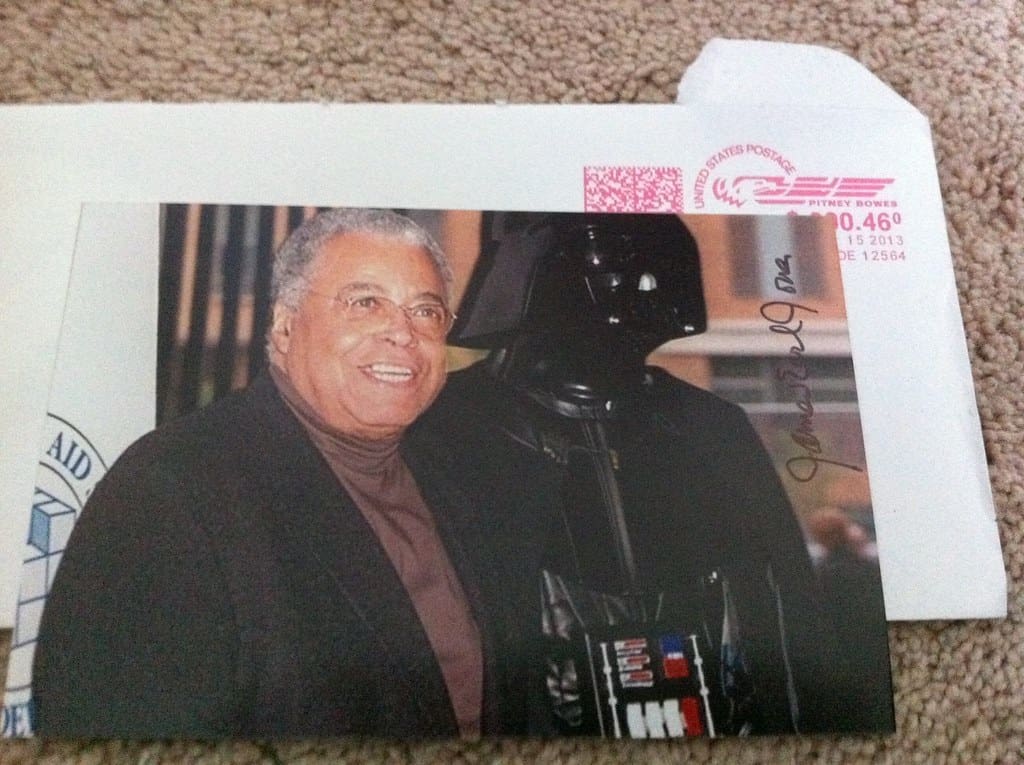
He also reprised the role of Vader for the first time since Return of the Jedi in the 2005 film Revenge of the Sith. Notably, Jones gave new Vader actor Hayden Christensen his blessing, noting he could see the young actor “growing” into the Vader that Jones had voiced in the 70s and 80s.
Further Star Wars Appearances
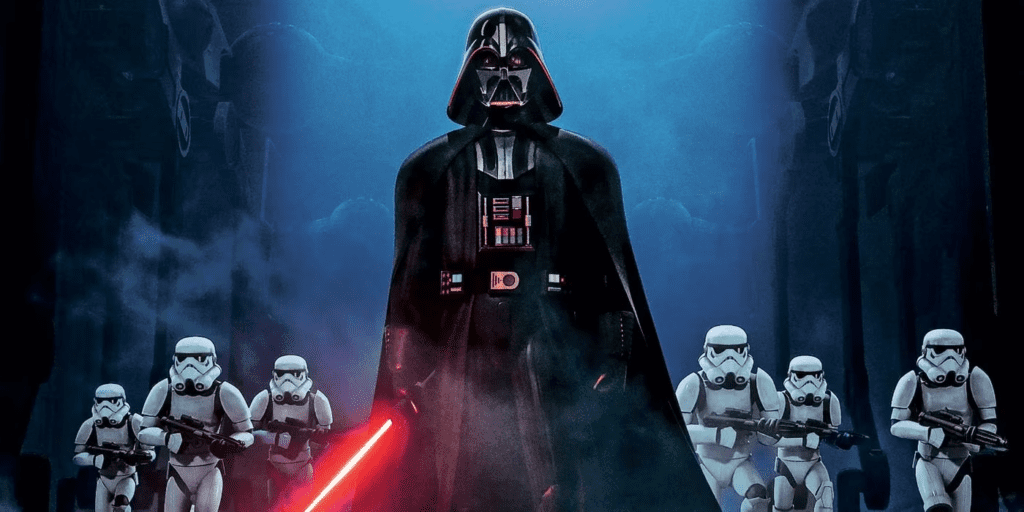
After Disney purchased Star Wars from Lucasfilm in 2012, Jones appeared in several more projects in the sci-fi universe, both live action and animated. He voiced Vader again in Star Wars: Rebels, Star Wars: Rogue One, Obi-Wan Kenobi, and a brief voice cameo in The Rise of Skywalker.
Read More: TV Cliffhangers That Will Never be Resolved
Death and Legacy
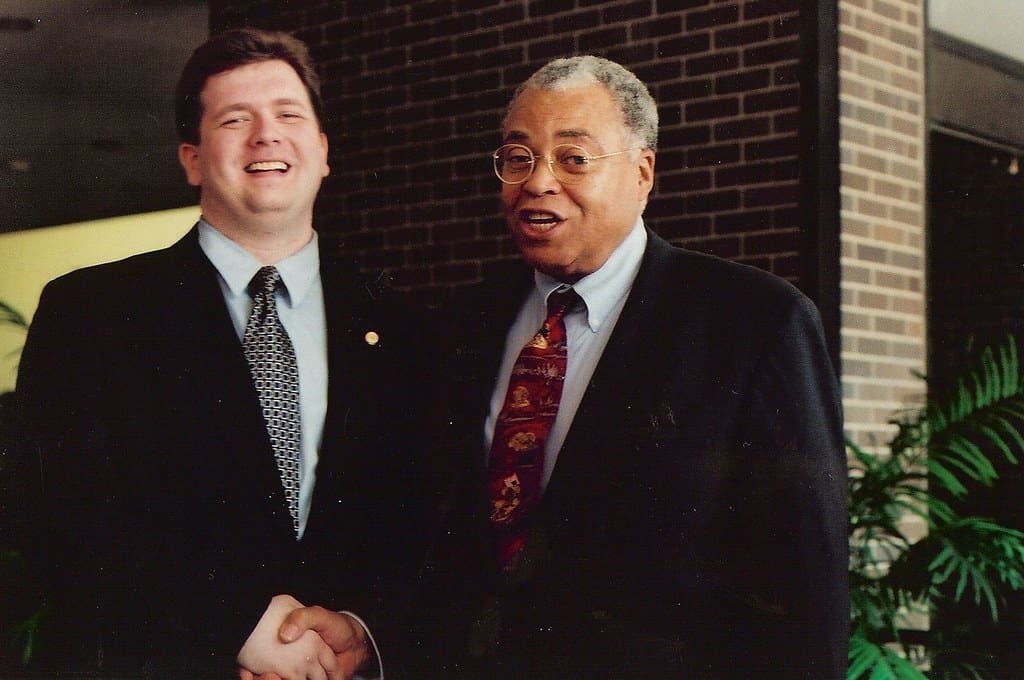
Jones passed away on September 9, 2024, at his home in Pawling, New York. The news was devastating for his fans, and his family didn’t immediately publicly state his cause of death. Numerous outlets, organizations, and celebrities offered an outpouring of condolences and memorials for the beloved actor. Numerous publications have heralded him as one of the greatest American actors to have ever lived and Viola Davis stated that Jones’ career reflected “Black excellence.”
It goes without saying, but Jones was far too humble when he described himself as an “observer” and a “special effect.” He was one of the finest actors of his generation and his emphatic and powerful performances strengthened every play and movie he ever appeared in. His presence on the stage and the screen will be deeply missed.
Read More: 10 Ways ‘Star Wars’ Is Different Now that Disney Owns It


